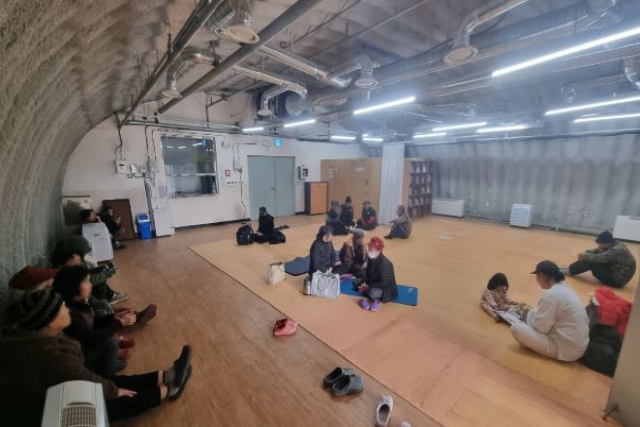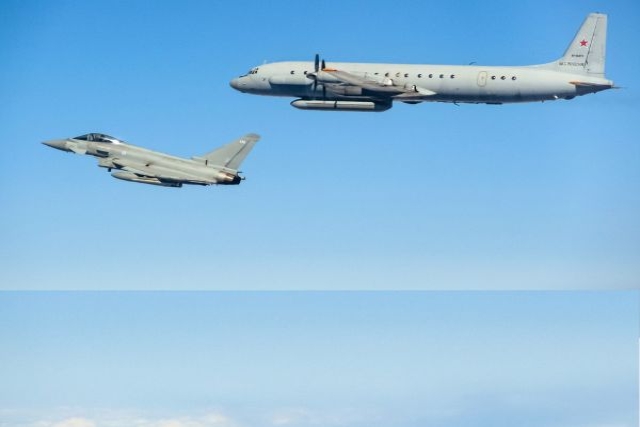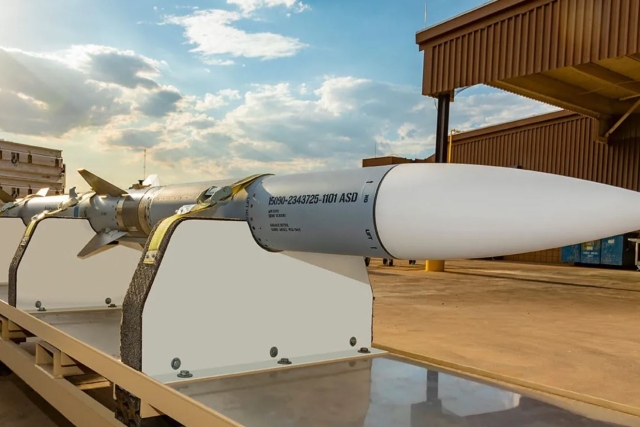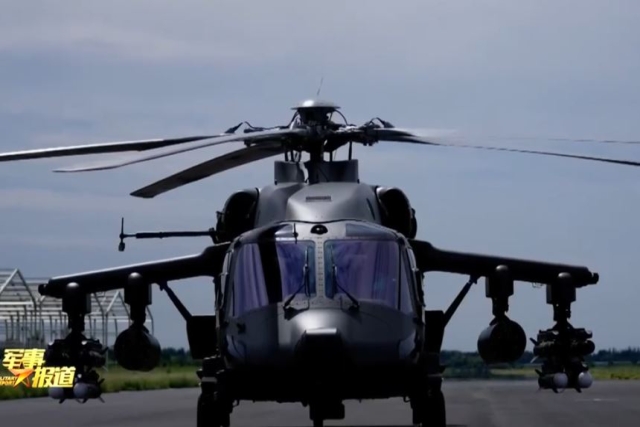North Korea Fires Artillery Shells Towards South, Military Confrontation Feared
Pyongyang fired 200 artillery shells north of the de facto border, the Northern Limit Line.

Tensions reached a critical point on the Korean Peninsula on Friday morning as North Korea unleashed over 200 artillery shells into the sea, north of the de facto border known as the Northern Limit Line (NLL).
The provocative act, which occurred off the west coast near South Korea's Baengnyeong and Yeonpyeong islands, heightened tensions and raised concerns about the fragile peace in the region.
The South Korean Joint Chiefs of Staff (JCS) reported that the artillery barrage began at 9 a.m. and continued for two hours until 11 a.m. In response to the threat, South Korean authorities swiftly issued evacuation orders for residents of Yeonpyeong Island and Baekryeong Island. Fortunately, no South Korean citizens or military personnel were harmed during the artillery barrage.
The JCS characterized North Korea's actions as a "resumption of artillery firing in the ‘buffer zones’ around the sea border" and labeled it as a deliberate act of provocation that escalated tensions on the Korean Peninsula.
This latest incident follows North Korea's withdrawal from a 2018 inter-Korean agreement aimed at minimizing military tensions near the shared border. Under the now-defunct agreement, both North and South Korea refrained from staging drills and other military activities in designated "buffer zones." The JCS squarely placed the responsibility for the escalating crisis on North Korea and called for an "immediate pause" in the provocative actions.
In response to North Korea's aggression, South Korea announced its intention to conduct a maritime shooting exercise later in the day. Residents of Yeonpyeong Island were directed to evacuate to nearby shelters during the exercise and to avoid outdoor activities.
The ongoing tensions are compounded by North Korea's recent public disavowal of reconciliation and reunification with South Korea. North Korean leader Kim Jong Un, in a statement reported by the state-run news agency KCNA on Sunday, declared that inter-Korean relations had deteriorated into a state of hostility. He also warned of serious action if the U.S. and South Korea attempted a military confrontation.
The maritime buffer zone, particularly the Northern Limit Line, has been a longstanding flashpoint between the two Koreas. The NLL, established by the United Nations at the end of the Korean War in 1953, has been a source of disputes, with North Korea proposing an alternative demarcation that would extend the demilitarized zone (DMZ) into the Yellow Sea.
Yeonpyeong Island, where the recent artillery rounds fell, has witnessed hostilities in the past, notably in November 2010 when North Korea attacked the island, resulting in casualties among South Korean marines and civilians. The 2010 clash was one of the gravest incidents since the end of the Korean War, prompting international condemnation.
While diplomats in Seoul and Washington have explored agreements to officially end the Korean War, these efforts have faced obstacles amid escalating tensions, especially with North Korea's continued weapons development program and missile testing.










